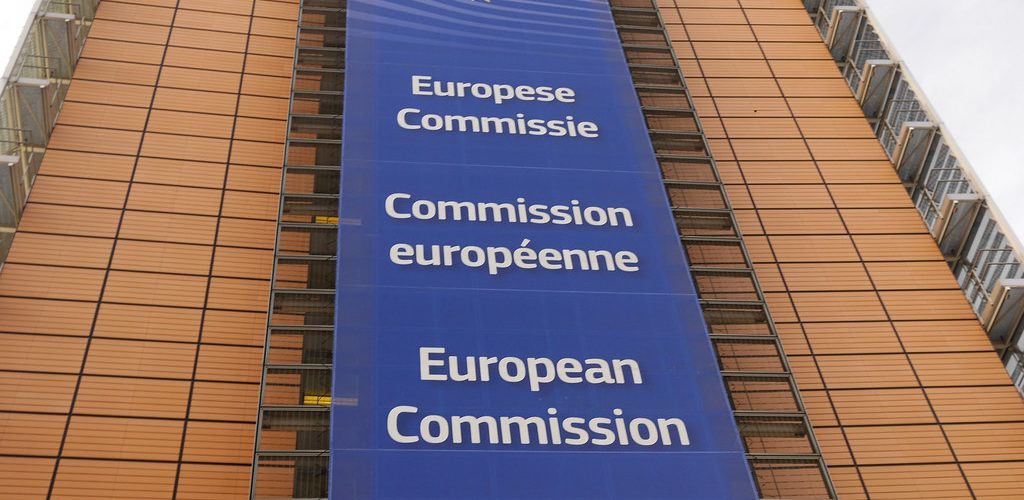This part of the study focused on progress towards a Single Place of VAT registration in the EU (i.e. the minimisation of situations where businesses are obliged to VAT register in more than one Member State) and improvements to the Import One-Stop Shop (IOSS) regime.
hThe study examined the continued existence of situations requiring multiple VAT registrations after the introduction of the e-commerce VAT package on 1 July 2021. T
his both defined new rules and introduced two new mechanisms – the One-Stop Shop (EU and non-EU) and the IOSS – that allow businesses to avoid additional registrations by declaring and paying VAT incurred on certain types of transactions in Member States where they are not established. The examination led to an impact assessment exercise, including a problem definition, scoping out of objectives and policy options and an assessment of the likely impacts of these. The study found that certain types of transactions – especially in the quickly growing e-commerce sector – still require multiple VAT registrations, increasing administrative and compliance costs, contributing to fraud/non-compliance and distorting trade in the Single Market. Several policy options offer the potential to address these issues, including measures to increase the scope and use of the OSS and IOSS as well as to enhance the implementation of the existing reverse-charge mechanism.
Source op.europa.eu
Latest Posts in "European Union"
- CJEU Clarifies VAT Rules for App Stores: Platforms Deemed Suppliers in Digital Sales
- Reforming VAT Rules to Ensure Fair Competition for UK Small Businesses and Tackle Online Fraud
- Comments on ECJ C-232/24 (Kosmiro): Where does credit end and debt collection begin?
- ViDA Public Debate: Summary of Implementation Dialogue with Commissioner Hoekstra (European Commission Website)
- CEN Approves Revised EN 16931: A Milestone for ViDA Implementation














